Generations of students have benefited from the teachings of this 19th-century master, whose sketches of vignettes from natural settings are accompanied by a series of lessons emphasizing both practical and theoretical considerations. This edition features the added attraction of 23 outstanding plates from the author’s Lessons on Trees.Generations of students have benefited from the teachings of this 19th-century master, whose sketches of vignettes from natural settings are accompanied by a series of lessons emphasizing both practical and theoretical considerations. This edition features the added attraction of 23 outstanding plates from the author’s Lessons on Trees.Generations of students have benefited from the teachings of this 19th-century master, whose sketches of vignettes from natural settings are accompanied by a series of lessons emphasizing both practical and theoretical considerations. This edition features the added attraction of 23 outstanding plates from the author’s Lessons on Trees.
Read more
118 reviews for On Drawing Trees and Nature: A Classic Victorian Manual
Show all
Most Helpful
Highest Rating
Lowest Rating

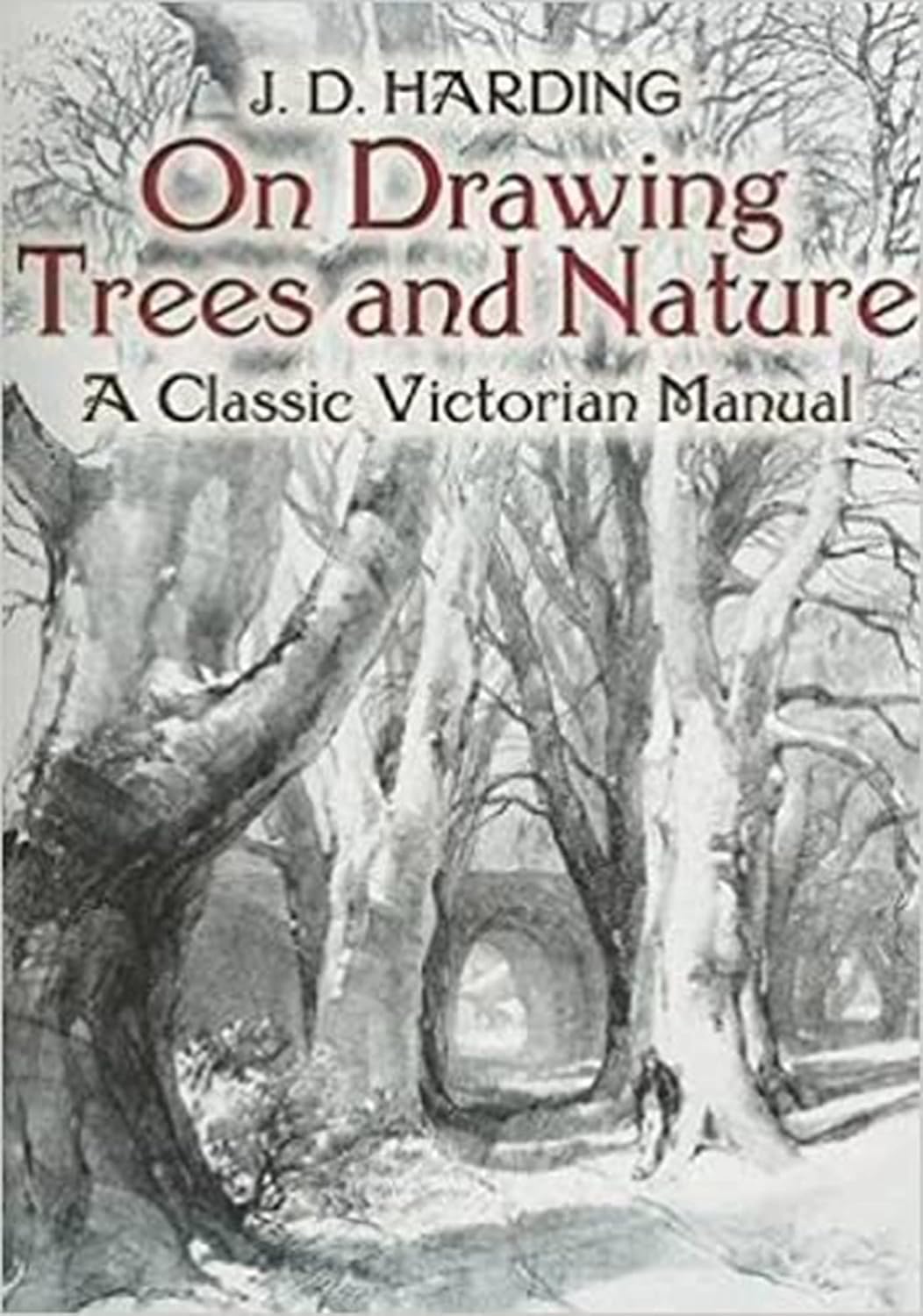
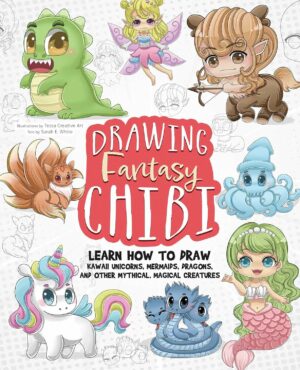
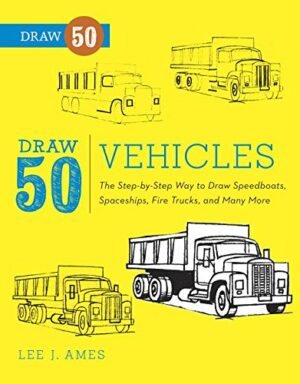
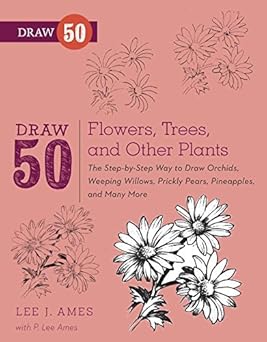
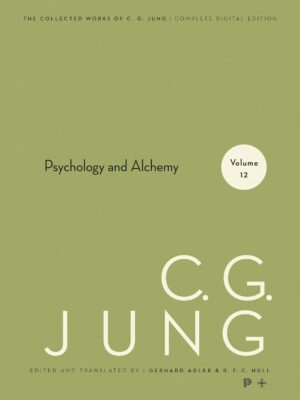
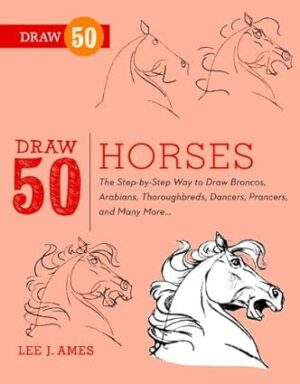
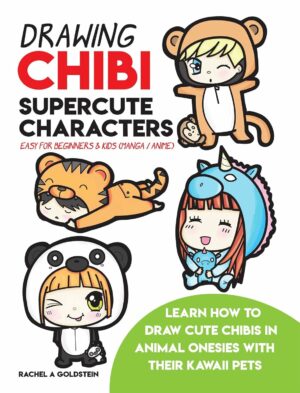

Henry’s Cat –
Top quality illustrations (they really are top quality, lithographs) throughout with some very thorough instruction which has added value in that it’s not exclusively on drawing trees.
This is definitely in the “traditional drawing” category, none of this modern mumbo jumbo and as such it is a superb grounding on drawing nature. Fantastic if you draw or paint relaistic landscapes or, just trees (like me).
TroutChaser –
This book, though dated by some 100 years or so, is still an excellent guide to drawing trees and foliage. I happen to love the style of 19th century landscape paintings and drawings and wanted to incorporate that style into my own work. The “how did they do that?” questions were answered perfectly by this book.
The writing style is antiquated (no one talks or writes like this anymore–a pity), though I think that people from this era were better able to express themselves than people today. You don’t need to read every word to get the gist of what’s going on or to understand the techniques expressed here. Just look at the pictures and copy them until you get the feel for it.
Highly recommended if you like the 19th century style.
Jon –
Love both the Harding books -learned from them and copied a lot of drawings from them as exercise work – they are both up there in the “top ten” essential drawing books along with Dodson’ “Keys to drawing”, Harold Speed’s book, etc. Many thanks to Armand Cabrera for recommending them in the comments on Gurney Journey!
John Valente –
This book really exceeded my expectations. Written in the mid 1800’s, it does have that 19th century verbiage that was common in that era which makes for plenty of reading but the instruction is solid. The plates are stunning drawings of trees, some of the very finest I’ve seen…the book cover doesn’t do his work justice. Insightful tips and the wide range of tones he uses in his drawings is beautiful. Very inspiring…makes you want to draw outside in a secluded park!
Lorena Lee –
Detailed manual